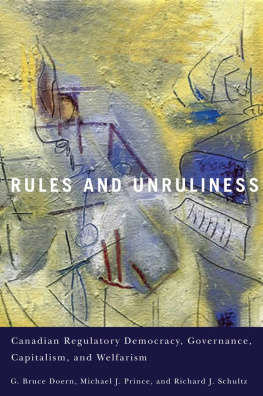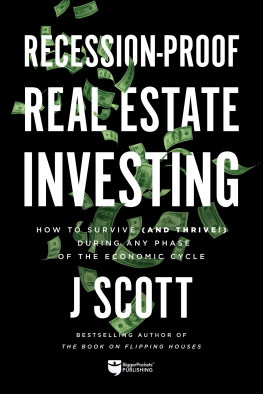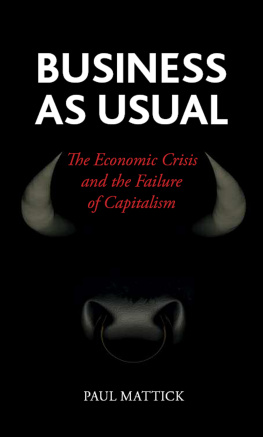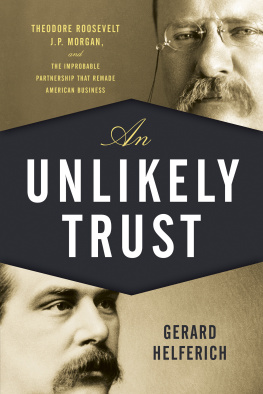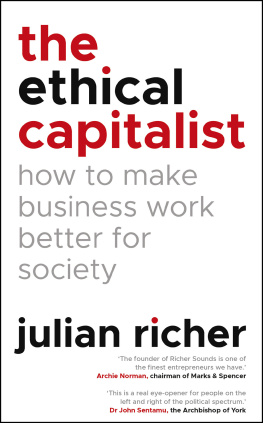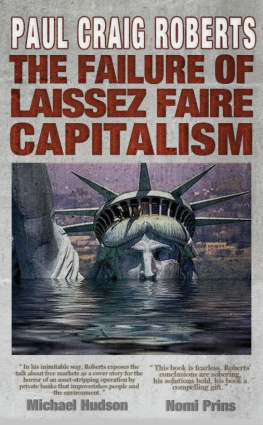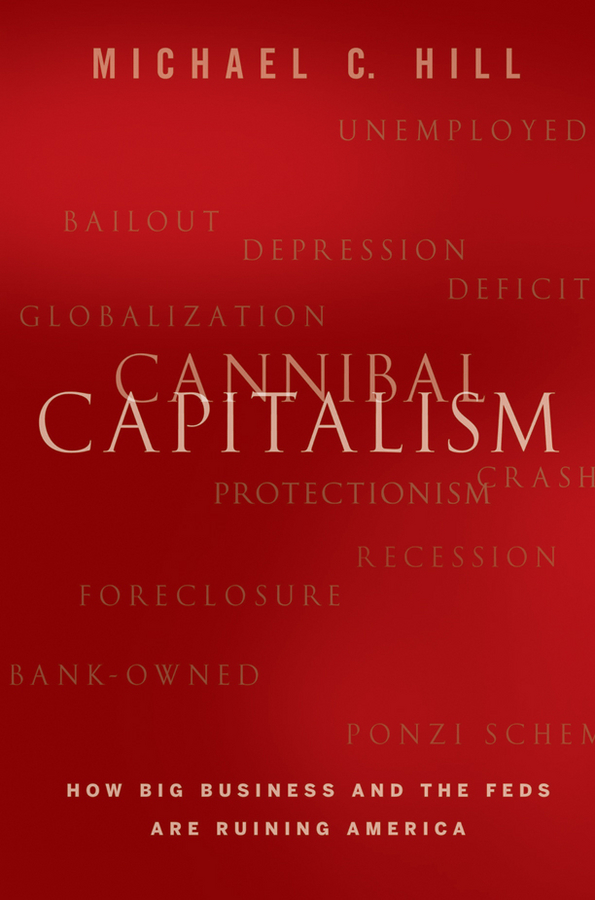Michael C. Hill - Cannibal Capitalism: How Big Business and The Feds Are Ruining America
Here you can read online Michael C. Hill - Cannibal Capitalism: How Big Business and The Feds Are Ruining America full text of the book (entire story) in english for free. Download pdf and epub, get meaning, cover and reviews about this ebook. year: 2011, publisher: Wiley, genre: Politics. Description of the work, (preface) as well as reviews are available. Best literature library LitArk.com created for fans of good reading and offers a wide selection of genres:
Romance novel
Science fiction
Adventure
Detective
Science
History
Home and family
Prose
Art
Politics
Computer
Non-fiction
Religion
Business
Children
Humor
Choose a favorite category and find really read worthwhile books. Enjoy immersion in the world of imagination, feel the emotions of the characters or learn something new for yourself, make an fascinating discovery.

- Book:Cannibal Capitalism: How Big Business and The Feds Are Ruining America
- Author:
- Publisher:Wiley
- Genre:
- Year:2011
- Rating:3 / 5
- Favourites:Add to favourites
- Your mark:
Cannibal Capitalism: How Big Business and The Feds Are Ruining America: summary, description and annotation
We offer to read an annotation, description, summary or preface (depends on what the author of the book "Cannibal Capitalism: How Big Business and The Feds Are Ruining America" wrote himself). If you haven't found the necessary information about the book — write in the comments, we will try to find it.
Unlike in most other recent instances of financial turbulence, when this crisis hit, the country turned on itself economically, with the powerhouses--corporations, business leaders, and government--throwing the everyman under the bus. In an effort to avoid becoming slightly less rich, the super-rich effectively cannibalized the true engines of growth in the economy, in the process putting the bottom ninety-nine percent of the population at serious risk of losing everything. Cannibal Capitalism fights back, arguing that to really recover we need to educate our children, invest in our small businesses, use our inflated money to develop real things that build real wealth, and get back to exporting in a big way.
- Takes a thoughtful look at how income and wealth disparity, industry consolidation, anticompetitive business practices, political ideological extremism, and the hoarding of existing wealth are destroying the wealth building capacity of the nation and the promise of ideal capitalism
- Examines the financial crisis and its fallout in a clear, no-nonsense way
- Explains what we can do to fix a broken system and come out on top
USA TODAY REVIEW
The 2012 presidential election may be a referendum on President Obamas job performance, specifically his ability to improve an economy that continues to teeter along a dangerous edge.
But with the coming of the Occupy movement, there is another possibility: The upcoming election will be an appraisal of the nature of modern capitalism -- its merits, limits and ills. And the candidate who speaks in harmony with the electorates assessment of capitalism will win.
Perhaps no book could be timelier for the Occupiers and their blitz against what they consider unchecked capitalism than Michael C. Hills Cannibal Capitalism: How Big Business and The Feds Are Running America.
Hill describes the broader conditions that drove the economy south and the problems that continue to plague the financial system. He identifies the economys most self-destructive features -- income and wealth disparity, anti-competitive business practices, hoarding wealth at the expense of the working-class. Add to these the polarized ideologies of the two major political parties and the resulting dysfunctional government, he says, and you get the nightmarish American economic picture.
While echoing the sentiments of the Occupy movement, Hill insists that the solution to American economic unrest is not the abandonment of capitalism -- just the abandonment of cannibal capitalism.
It is to the proponents of these sentiments that I dedicate this work, because I agree with them completely in terms of ideology -- even though they are wrong. The right thing to do ideologically is the wrong thing to do practically.
Although lacking specificity in some instances, Hills analysis of cannibal capitalisms hazards is well worth the attention of readers, especially Occupiers who have yet to hone a cohesive message.
-By Alexander Heffner, Special for USA TODAY
Michael C. Hill: author's other books
Who wrote Cannibal Capitalism: How Big Business and The Feds Are Ruining America? Find out the surname, the name of the author of the book and a list of all author's works by series.

